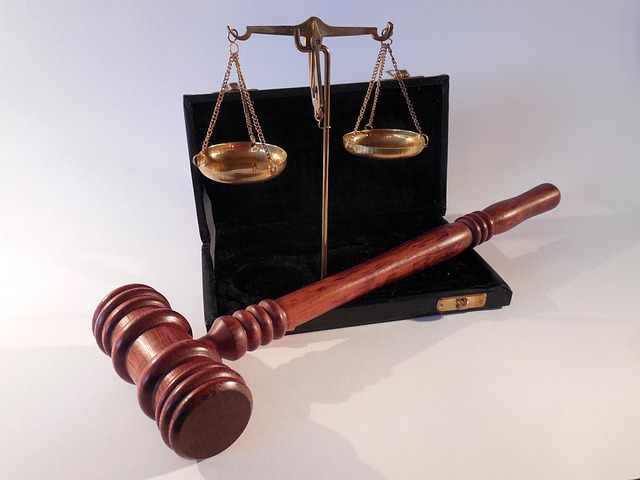Oregon's criminal justice system operates within a complex, balanced legal framework designed to ensure fairness and protect individual rights. This system, rooted in state laws and federal statutes, includes key components like due process, protection against self-incrimination, fair trials by impartial juries, plea bargains, and the role of public defenders. Understanding this intricate legal framework is crucial for navigating Oregon's robust criminal defense principles and ensuring citizens receive a just and balanced treatment under the law.
“Dive into the intricate legal framework of Oregon’s criminal justice system, where principles of criminal defense are shaped by state laws and constitutional rights. This article provides an insightful overview, exploring Oregon’s unique approach to safeguarding individual liberties. From the presumption of innocence to effective legal representation, we uncover the core values guiding the state’s criminal defense practices. Additionally, recent developments and case law highlight dynamic trends, ensuring a comprehensive understanding of Oregon’s evolving legal landscape for both public and private attorneys.”
- Understanding Oregon's Legal Framework
- – Overview of the state's criminal justice system
- – Key laws and statutes governing criminal defense
Understanding Oregon's Legal Framework

Oregon, like many states in the U.S., operates under a complex legal framework designed to ensure fairness and justice in criminal cases. At its core, Oregon’s system is guided by the state constitution and various statutes that define rights and procedures for both the accused and the prosecution. Understanding this framework is crucial when navigating Oregon’s criminal defense principles.
The legal framework in Oregon emphasizes individual rights, procedural safeguards, and a balanced approach to criminal justice. It includes provisions for due process, protection against self-incrimination, and the right to a fair trial by an impartial jury. This system ensures that defendants are treated fairly throughout the criminal process, from arrest to sentencing. Key components of this framework involve evidence rules, plea bargains, and the role of public defenders in representing those who cannot afford legal counsel.
– Overview of the state's criminal justice system

Oregon’s criminal justice system operates within a robust legal framework designed to ensure fairness and due process for all individuals accused of crimes. The state’s approach emphasizes a balanced perspective, aiming to protect both the rights of the accused and the interests of public safety. This dual focus is reflected in Oregon’s constitution and penal codes, which lay out clear guidelines for criminal procedures, evidence admissibility, and sentencing guidelines.
The legal framework in Oregon includes a network of courts, law enforcement agencies, and correctional facilities working collaboratively to administer justice. The system adheres to the principles of due process, ensuring that every citizen accused of a crime is entitled to legal representation, a fair trial, and appeal rights. This structured approach forms the backbone of Oregon’s commitment to upholding the rule of law and providing effective criminal defense principles for all residents.
– Key laws and statutes governing criminal defense

In Oregon, the legal framework governing criminal defense is structured by a combination of state laws and federal statutes, providing defendants with robust protections. The Oregon Criminal Code outlines various defenses that can be invoked during trials, covering grounds such as self-defense, lack of mental capacity, and justification. These defenses aim to safeguard individuals from unjust prosecution and ensure fairness in the justice system.
Key statutes like Oregon Revised Statutes (ORS) Chapter 161 define the rights of accused persons, including the right to a speedy trial, protection against double jeopardy, and the privilege against self-incrimination. Additionally, ORS Chapter 135 establishes procedures for pretrial hearings, bail determinations, and motions to suppress evidence, further reinforcing the state’s commitment to a balanced legal framework that prioritizes both public safety and individual liberties.
